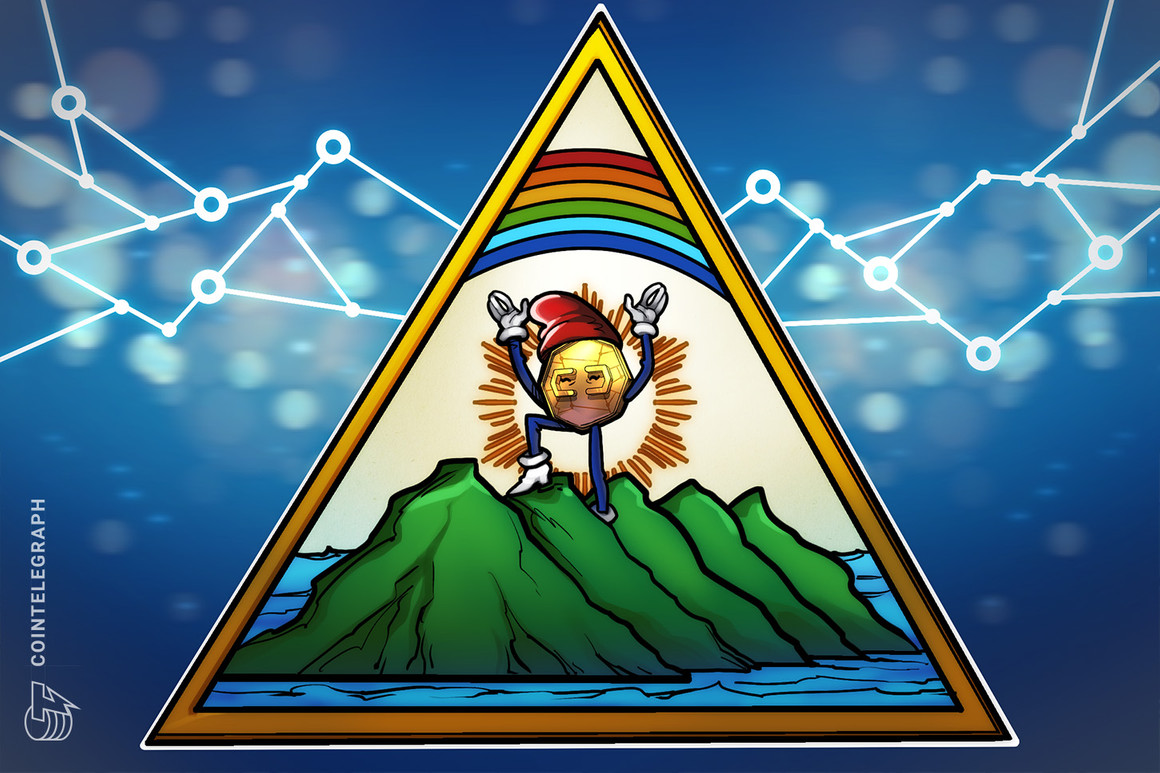It was September 6, 2021, when the Central American nation of El Salvador decided to go ahead and purchase 200 Bitcoin (BTC), worth about $10.3 millio
It was September 6, 2021, when the Central American nation of El Salvador decided to go ahead and purchase 200 Bitcoin (BTC), worth about $10.3 million at the time. The day was hailed as momentous in the history of the crypto market and was met with much fanfare. In fact, many proponents claimed that the purchase was just an inkling of what really lay ahead in terms of a global crypto-driven economy.
However, a lot has changed since then, especially with BTC losing 55% off its value after scaling up to its November all-time high of $69,000. And, with Bitcoin’s value seemingly in a downward spiral at the moment, many critics have ramped up their criticism of El Salvadoran President Nayib Bukele and his decision to keep lapping up more BTC.
To this point, the country’s coffers now contain a total of 2,301 BTC, which are estimated to be worth a little over $67 million at current prices. In fact, reports suggest that Bukele’s gamble on Bitcoin seems to have already resulted in heavy losses equal to the country’s upcoming interest payments.
A rundown of El Salvador’s finances
Estimates suggest that the ongoing crypto downtrend which has caused Bitcoin to lose approximately 40% of its value since late March has deepened El Salvador’s cumulative losses and it’s crypto holdings to about $40 million, nearly equal to the country’s next coupon payment of $38.25 million which is due mid-June.
It is worth noting that since September 2021, Bukele and his team have poured in a whopping $105 million toward buying Bitcoin. However, the flagship crypto has dropped 45% since the country’s first purchase, cutting down the value of the nation’s BTC haul to just $66 million.
At press time, El Salvador owes bondholders a cumulative total of $382 million in interest, which is to be paid out by the end of this year. To this point, in the month of July alone, the country has a payment worth $183 million due.
El Salvador was reportedly in possession of $3.4 billion in its reserves back in April, with Bukele and his team planning on raising another $1 billion using a highly publicized Bitcoin-backed bond. However, the sale of the offering has been postponed multiple times over the past year due to an apparent lack of interest.
Lastly, it is worth noting that since early 2021, El Salvador has been trying to lock in a $1.3 billion loan from the International Monetary Fund, an effort that seems to have lost steam following the country’s fierce BTC adoption drive. Regardless, the country needs to bolster its finances since the IMF believes that under its current policies, El Salvador’s public debt will rise to 96% of its GDP within the next 48 months, putting the country on a path of “no return.”
Recent: Genomics company explores NFTs in hopes of advancing precision medicine
Experts weigh in on El Salvador’s crypto “experiment”
Cointelegraph reached out to Ben Caselin, head of research and strategy at cryptocurrency exchange AAX, for his take on whether El Salvador’s move to invest more money into crypto has been successful. He pointed out that the matter should not be looked into too deeply since Bitcoin’s volatility today is not too different from where it stood last year, adding:
“Irrespective of market conditions, El Salvador is still able to benefit from remittances processed on the Lightning Network, which are cheaper than conventional money operators like Western Union and MoneyGram. The legal tender play also continues to make it easier for El Salvador to attract foreign investment and it continues to provide useful infrastructure for unbanked communities.”
From a purely price-based standpoint, Caselin believes it’s important to provide ample context to investors right now since every country is currently facing some sort of economic pressure. Not only that, but most capital markets including the NYSE, Nasdaq and Dow have also been on the receiving end of a lot of volatility recently. “At this early stage, it’s too early to tell if it was too soon for El Salvador to hold Bitcoin on its national reserves,” he said.
A somewhat similar sentiment was echoed by Antoni Trenchev, co-founder and managing partner for crypto lending platform Nexo. He told Cointelegraph that short-term volatility is nothing new to the crypto market and was likely factored in by the El Salvador government when they decided to go ahead with their purchase, adding:
“Yes, El Salvador is in uncharted waters, but it’s far too early for severe skepticism, there is a lot more potential to uncover in this system and it seems Bukele’s administration has the right idea, namely sailing on ahead so that others can learn and benefit from this experience.”
Lior Yaffe, co-founder of blockchain software development firm Jelurida, explained to Cointelegraph that in 2001, the government of El Salvador gave up control of its monetary policy by making the United States dollar legal tender, thus effectively putting the country’s…
cointelegraph.com
